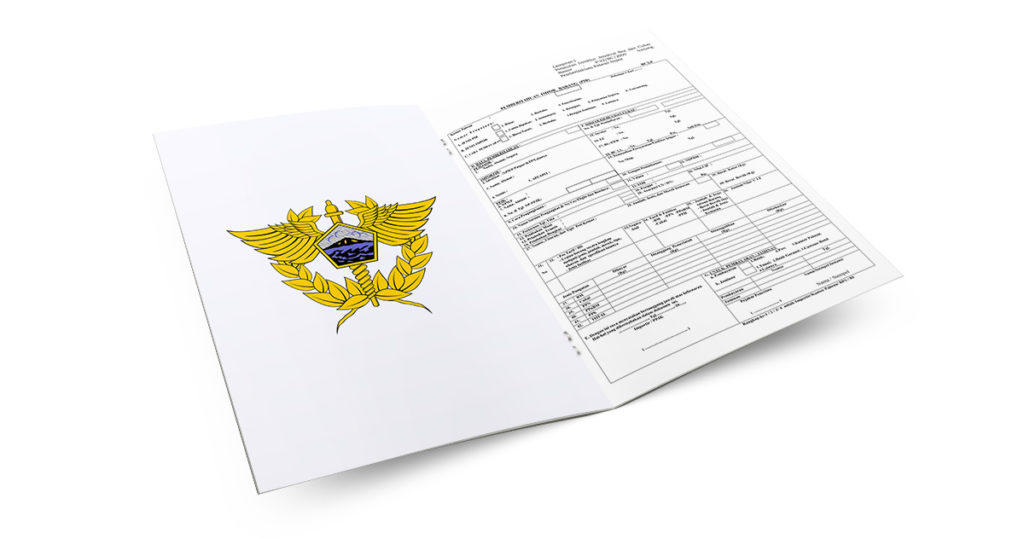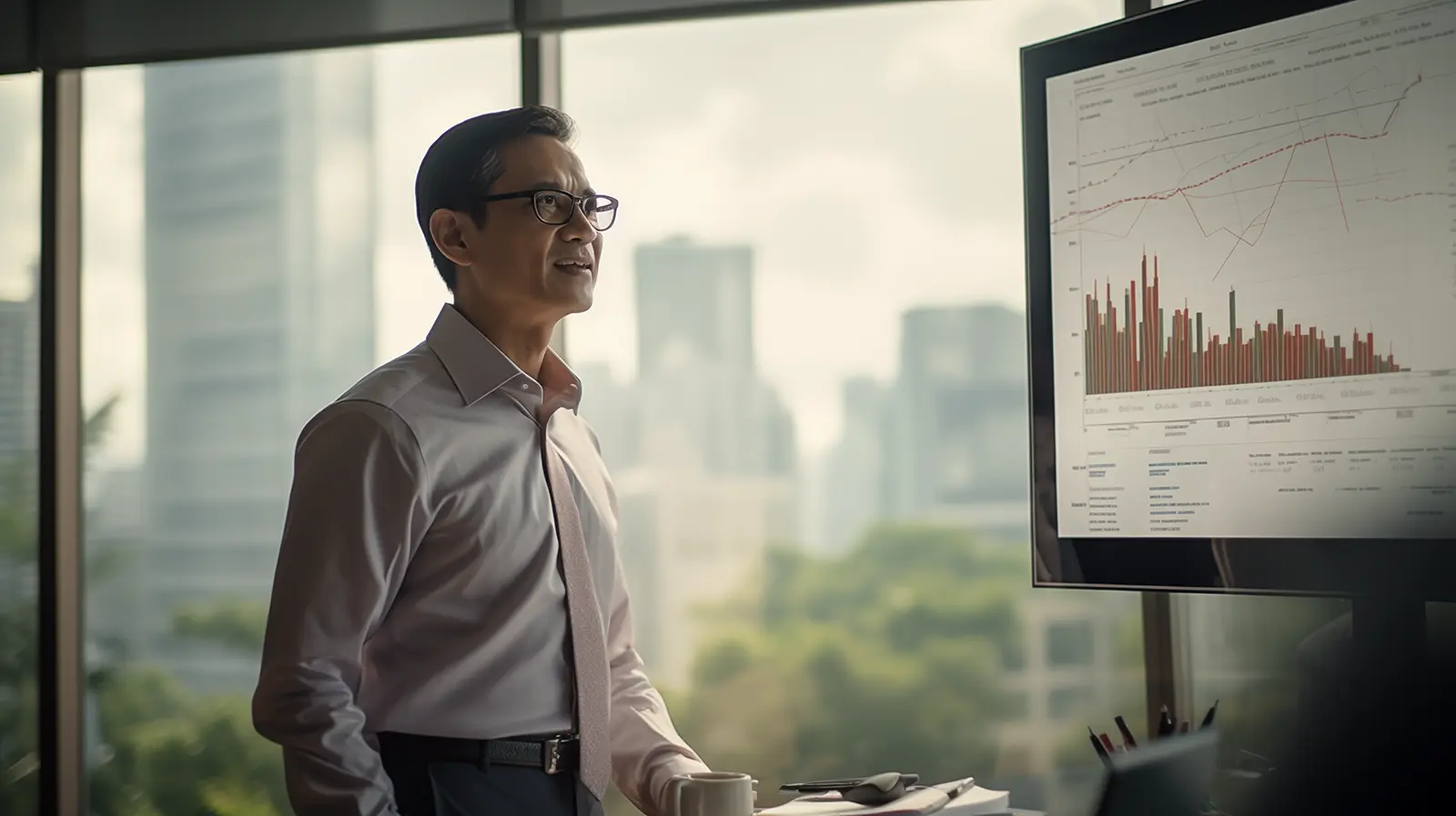Table of contents
Looking to send a shipment to Indonesia? In this article, we’ll tell you what you need to know before you can start importing to Indonesia.
1# Preparation – Who can import to Indonesia?
Before you even consider sending anything to Indonesia, check that you meet the following requirements:
- Ensure that your company or your importer of record in Indonesia has the appropriate import license.
- Verify that the product intended for import complies with Indonesian regulations.
As a foreign company, you cannot just send your shipment to Indonesia without a license. You must have either an import license yourself or you need to appoint an importer of record that holds the license instead.
A common mistake is to assume the freight forwarding company will clear your goods in customs. Their job is to move your shipment from A to B, they are not the ones that handle the customs clearance.
This applies even to small shipments – there are countless cases where companies order something from online stores (e.g. Amazon), thinking that since they paid for the shipping costs, they don’t need to do anything else. It won’t work. Get an import license or appoint an importer of record.
2# Pre-approval of the shipment
After ensuring that you or your importer possess the required import license, you need to verify whether the specific goods you wish to import comply with Indonesian regulations and determine which taxes and duties are applicable to them.
- Prior to shipment, conduct a check to understand Restricted Import Regulation/LARTAS.
- Estimate the duties and taxes expected to incur based on the shipment.
If you wish to do it yourself, you can visit the Indonesian customs website, insert the HS code of your product, and see which restrictions apply to it.
It’s very important to be accurate about your product list. For example, we helped a shipment of laptops where the client forgot to declare that besides laptops the shipment also contained chargers and laptop bags. The Indonesian customs saw it as a major violation and it resulted in paying a significant fine.
3# Preparing the Indonesian Customs Declaration (PIB)

Pemberitahuan Impor Barang (PIB), or the Indonesian Customs Declaration, is essentially a detailed report listing the products being imported and their values. It’s created using three key documents:
- Commercial Invoice, which details the transaction;
- Packing List, which itemizes the included products;
- Waybill/Air Waybill, which acts as a receipt for the shipment.
Consequently, the responsibility of the Customs Declaration is with your appointed Customs Broker (Perusahaan Pengurus Jasa Kepabeanan – PPJK). If you’re using the Importer of Record, you don’t need to appoint an additional broker.
4# Appointing Freight Forwarder
This is the easiest part of the import process. You simply choose a company that will get your products from their original location to Indonesia.
As mentioned above, your freight forwarder will not be the customs broker, nor will companies like Amazon declare your goods.
5# Customs clearance
If you followed the previous steps correctly, this will be an easy process as well. Your customs broker, e.g. your importer of record, will submit the necessary documentation and get the products cleared.
However, keep in mind that Emerhub or your appointed customs broker will not be there when your shipment is put together. We can only declare based on the documents you give us. Therefore ensure that you declare every single product in your shipment, regardless of how small (value) they are.
6# Last mile delivery
Once the customs releases your products, you’ll receive an Order to Pick (SPPB). Depending on your agreement with the freight forwarder, they will either pick up your goods and send them to your final destination, or you will have to pick up the goods yourself.
A common mistake is to not be ready by the time the customs release the product. You’ll have to pay for each day your shipment is in the Customs warehouse.
Ready to import to Indonesia? Fill out the form below and our import consultants will reach out to you.






